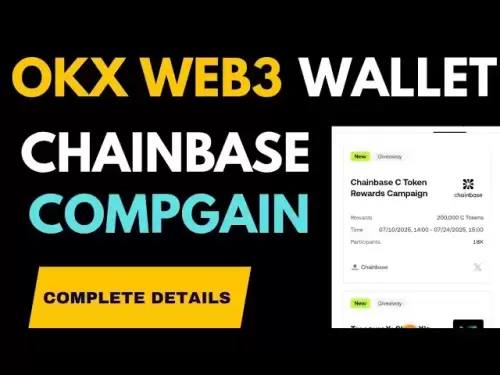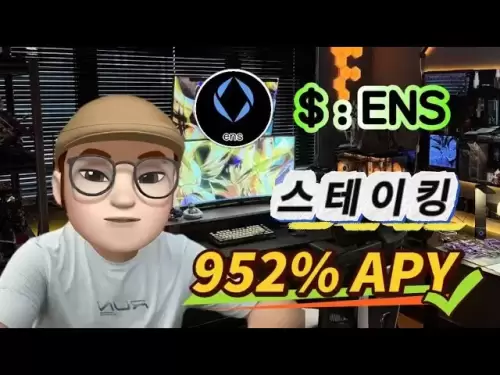-
 Bitcoin
Bitcoin $117,576.6195
-0.21% -
 Ethereum
Ethereum $2,938.5668
-1.35% -
 XRP
XRP $2.7699
4.60% -
 Tether USDt
Tether USDt $1.0003
0.01% -
 BNB
BNB $688.1624
-0.01% -
 Solana
Solana $160.5113
-1.95% -
 USDC
USDC $0.9999
0.01% -
 Dogecoin
Dogecoin $0.1976
-0.70% -
 TRON
TRON $0.3008
1.54% -
 Cardano
Cardano $0.7159
-2.16% -
 Hyperliquid
Hyperliquid $46.2240
2.04% -
 Stellar
Stellar $0.3966
22.03% -
 Sui
Sui $3.3928
-3.11% -
 Chainlink
Chainlink $15.1204
-2.43% -
 Bitcoin Cash
Bitcoin Cash $515.1741
-1.19% -
 Avalanche
Avalanche $20.8130
-0.90% -
 Hedera
Hedera $0.2001
-2.12% -
 UNUS SED LEO
UNUS SED LEO $9.0522
0.72% -
 Shiba Inu
Shiba Inu $0.0...01316
-2.01% -
 Toncoin
Toncoin $2.9843
0.61% -
 Litecoin
Litecoin $92.6745
-2.71% -
 Polkadot
Polkadot $3.9483
-0.06% -
 Monero
Monero $328.5347
1.10% -
 Dai
Dai $0.9998
0.01% -
 Ethena USDe
Ethena USDe $1.0006
-0.01% -
 Uniswap
Uniswap $8.3739
-6.50% -
 Bitget Token
Bitget Token $4.4241
-1.99% -
 Pepe
Pepe $0.0...01222
-3.96% -
 Aave
Aave $300.5203
-3.61% -
 Bittensor
Bittensor $382.2607
-1.92%
How do you determine the value of an NFT?
NFT value hinges on rarity, creator reputation, utility, and market demand, with subjective perception driving prices in this blockchain-based digital asset space.
Jul 11, 2025 at 04:07 am
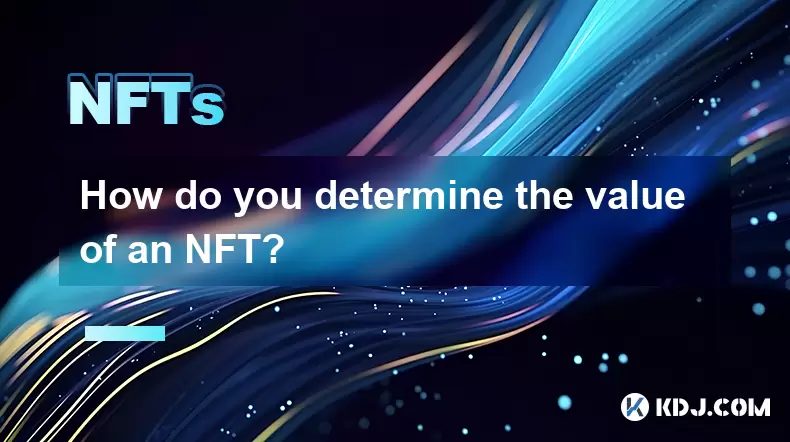
Understanding the Concept of NFT Valuation
An NFT (Non-Fungible Token) represents ownership of a unique digital asset on the blockchain. Unlike cryptocurrencies such as Bitcoin or Ethereum, which are fungible and interchangeable, each NFT is distinct and cannot be replicated. Determining the value of an NFT involves analyzing multiple factors including rarity, utility, creator reputation, and market demand.
One of the most critical aspects to grasp is that value in the NFT space is largely subjective. While traditional financial assets have standardized valuation methods, NFTs often rely on community perception and speculative interest. This makes it essential for investors and collectors to understand the underlying dynamics that influence pricing.
Evaluating Rarity and Uniqueness
Rarity plays a pivotal role in determining an NFT's worth. A piece with limited availability or exclusive traits typically commands higher prices. Platforms like OpenSea or Rarity.tools offer tools to assess how rare certain attributes are within a collection.
- Attribute scarcity: If a particular trait appears in less than 1% of all items in a collection, it's considered rare.
- Total supply: Collections with fewer total editions tend to appreciate more if demand remains constant.
- Edition number: In some cases, the specific edition number (e.g., #001 of 100) can also impact desirability.
For example, in popular profile picture collections like Bored Ape Yacht Club, apes with golden fur or laser eyes are rarer and thus more valuable.
Analyzing Creator and Brand Influence
The identity and reputation of the creator significantly affect an NFT’s perceived value. Well-known artists, celebrities, or established brands entering the NFT space can drive up prices due to their existing fanbase and credibility.
- Artist recognition: Digital artists like Beeple or Pak bring attention and legitimacy to the NFT market.
- Celebrity endorsements: When public figures mint or promote NFTs, it often leads to increased visibility and investment.
- Brand partnerships: Collaborations between major companies and NFT creators can boost utility and long-term value.
It's important to verify the authenticity of the creator and ensure they have a verifiable presence on platforms like Twitter, Discord, or through verified accounts on NFT marketplaces.
Assessing Utility and Real-World Application
Beyond artistic appeal, many NFTs offer functional benefits, such as access to exclusive content, membership privileges, or in-game assets. These utilities can greatly enhance an NFT’s value proposition.
- Access rights: Some NFTs grant entry to private communities, events, or early releases.
- Royalty structures: Creators may earn royalties from secondary sales, which can attract buyers looking to support ongoing development.
- Gaming integrations: NFTs used in play-to-earn games may carry intrinsic value based on their use within the game economy.
Buyers should research whether the NFT provides tangible benefits beyond speculation, as these features can stabilize its market price over time.
Monitoring Market Trends and Trading Volume
Market activity serves as a real-time indicator of an NFT’s popularity and liquidity. Tools like DappRadar or CryptoSlam provide insights into recent trades, floor prices, and overall volume across different collections.
- Floor price trends: The lowest priced item in a collection reflects current market sentiment.
- Sales velocity: A sudden increase in trading volume may signal growing interest or manipulation tactics like wash trading.
- Historical performance: Tracking past price movements helps identify patterns and potential rebounds after dips.
Investors should exercise caution when interpreting data, as short-term fluctuations don’t always reflect long-term value.
Reviewing On-Chain Provenance and Authenticity
Authenticity is crucial when valuing NFTs. Since digital files can be copied, the actual value lies in the ownership recorded on the blockchain. Verifying the provenance ensures you're purchasing a legitimate asset.
- Smart contract verification: Reputable NFTs have transparent smart contracts audited by third parties.
- Wallet history: Checking the transaction history of an NFT can reveal previous owners and sale patterns.
- Metadata integrity: Ensuring that the NFT’s metadata (image, description, etc.) is stored securely on decentralized networks like IPFS or Arweave.
Always cross-reference information on-chain using explorers like Etherscan or Blockchair before making a purchase decision.
Frequently Asked Questions
What role does social media play in NFT valuation?
Social media significantly influences NFT valuations by shaping public perception and driving awareness. Projects with strong communities on platforms like Twitter, Discord, and Instagram often see higher engagement and investor confidence, directly impacting demand and pricing.
Can I determine an NFT’s value solely by its image or design?
While visual appeal contributes to initial interest, it shouldn't be the sole factor in valuation. Design aesthetics matter, but other elements like rarity, creator background, and utility must also be considered to form a comprehensive assessment.
How do gas fees affect NFT transactions and perceived value?
Gas fees impact the cost of buying, selling, or transferring NFTs on blockchains like Ethereum. High gas fees can deter smaller investors and affect liquidity, indirectly influencing how frequently an NFT trades and its perceived accessibility.
Is there a standard tool for tracking NFT values?
Several platforms offer analytics and valuation insights, including OpenSea, Rarity.tools, DappRadar, and CryptoSlam. Each provides different metrics such as floor price, average sale, and trait-based rarity scores to help users make informed decisions.
Disclaimer:info@kdj.com
The information provided is not trading advice. kdj.com does not assume any responsibility for any investments made based on the information provided in this article. Cryptocurrencies are highly volatile and it is highly recommended that you invest with caution after thorough research!
If you believe that the content used on this website infringes your copyright, please contact us immediately (info@kdj.com) and we will delete it promptly.
- Cryptos in 2025: Navigating the Banana Zone and Beyond
- 2025-07-13 08:30:12
- AVAX, RUVI, and AI Forecast: Spotting the Next Big Crypto Opportunity
- 2025-07-13 06:50:12
- Ripple's RLUSD Finds a Home: Swiss Bank AMINA Integrates the Stablecoin
- 2025-07-13 06:30:11
- Worldcoin Price Prediction: Navigating the Invalidation Zone
- 2025-07-13 06:30:11
- Meme Coins, Utility, and Hype: What's Real and What's Not?
- 2025-07-13 07:30:11
- XRP, SOL, and the ETF Approval Buzz: What's Next?
- 2025-07-13 07:35:12
Related knowledge
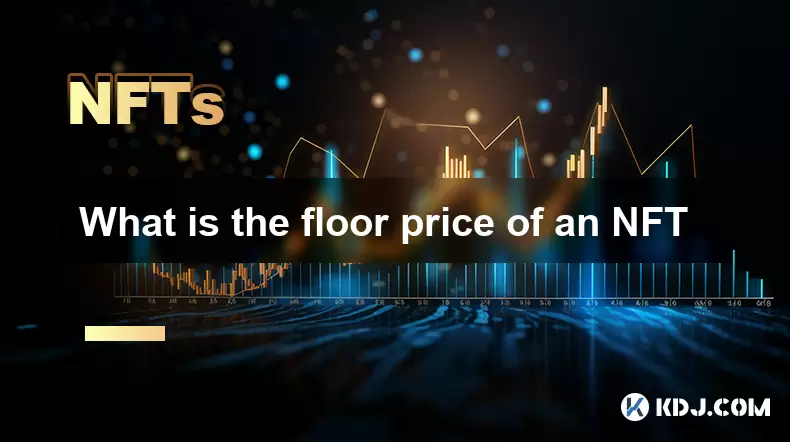
What is the floor price of an NFT
Jul 11,2025 at 07:56am
Understanding the Concept of Floor Price in NFTsIn the world of non-fungible tokens (NFTs), the floor price refers to the lowest price at which a part...
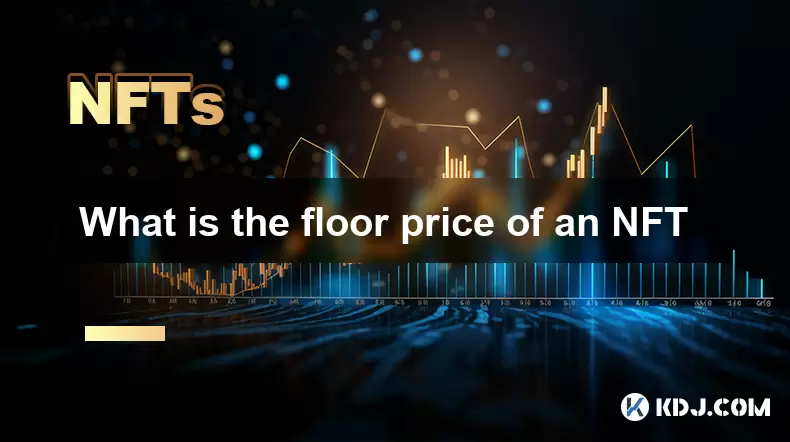
What is the floor price of an NFT
Jul 13,2025 at 06:21am
Understanding the Concept of Floor Price in NFTsThe floor price of an NFT (Non-Fungible Token) refers to the lowest listed price for a particular NFT ...
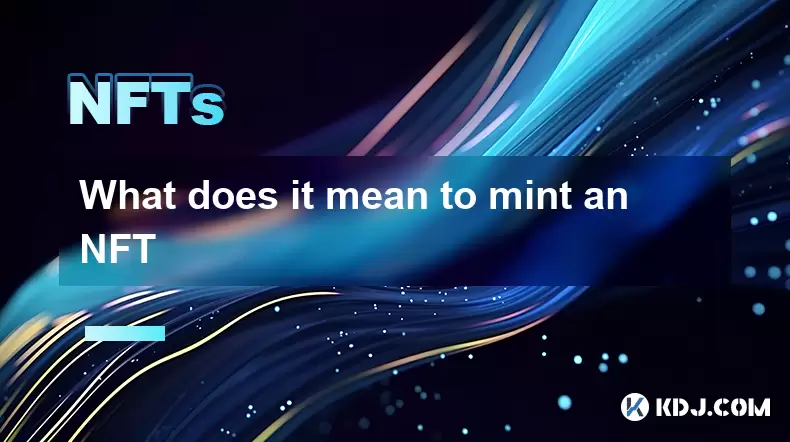
What does it mean to mint an NFT
Jul 11,2025 at 11:56pm
Understanding the Concept of Minting an NFTTo mint an NFT means to create a unique digital asset on a blockchain. This process involves converting a d...
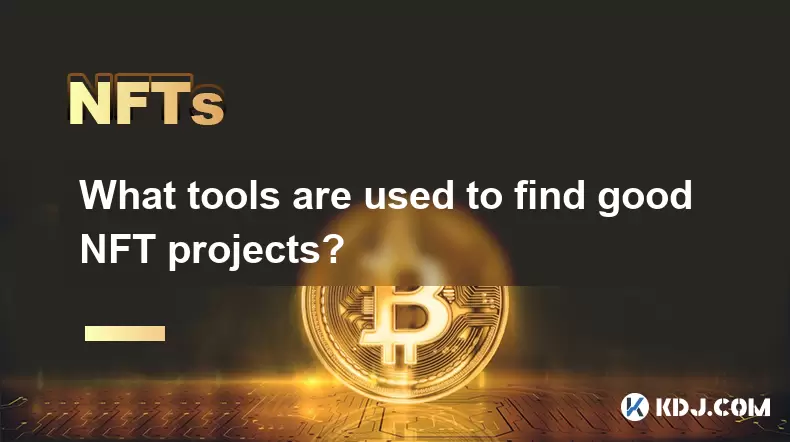
What tools are used to find good NFT projects?
Jul 10,2025 at 12:42pm
Understanding the Importance of NFT DiscoveryIdentifying promising NFT projects is a critical skill for collectors, investors, and creators within the...
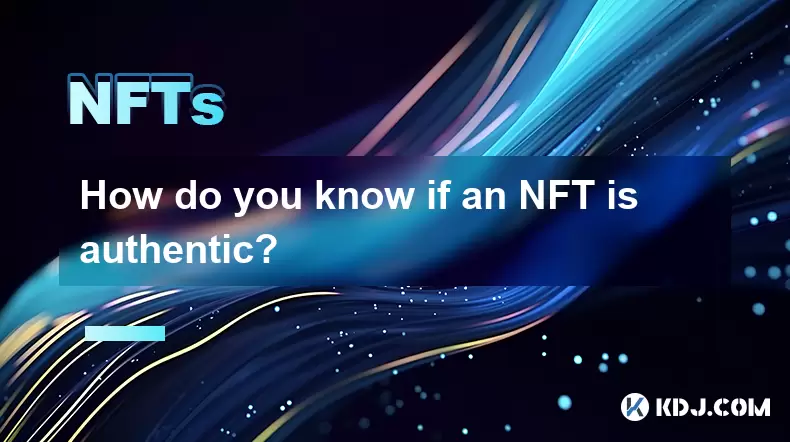
How do you know if an NFT is authentic?
Jul 10,2025 at 06:35pm
Understanding the Basics of NFT AuthenticityTo determine whether an NFT is authentic, it’s essential to first understand what makes a non-fungible tok...
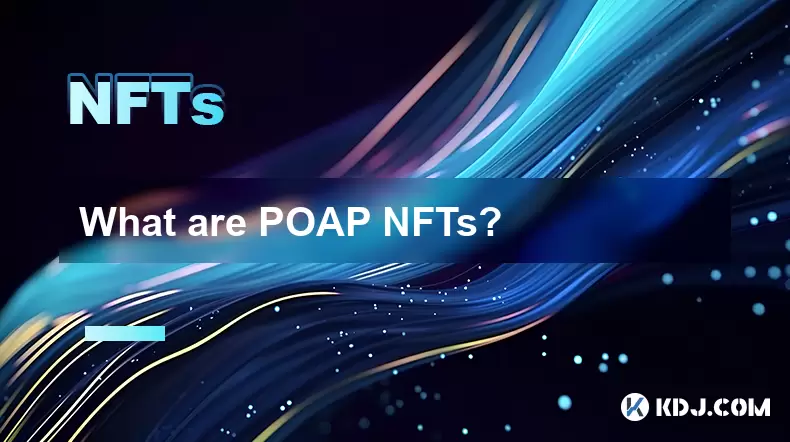
What are POAP NFTs?
Jul 12,2025 at 03:56am
What Are POAP NFTs?POAP stands for Proof of Attendance Protocol, and it is a type of non-fungible token (NFT) used to verify that someone attended an ...

What is the floor price of an NFT
Jul 11,2025 at 07:56am
Understanding the Concept of Floor Price in NFTsIn the world of non-fungible tokens (NFTs), the floor price refers to the lowest price at which a part...

What is the floor price of an NFT
Jul 13,2025 at 06:21am
Understanding the Concept of Floor Price in NFTsThe floor price of an NFT (Non-Fungible Token) refers to the lowest listed price for a particular NFT ...

What does it mean to mint an NFT
Jul 11,2025 at 11:56pm
Understanding the Concept of Minting an NFTTo mint an NFT means to create a unique digital asset on a blockchain. This process involves converting a d...

What tools are used to find good NFT projects?
Jul 10,2025 at 12:42pm
Understanding the Importance of NFT DiscoveryIdentifying promising NFT projects is a critical skill for collectors, investors, and creators within the...

How do you know if an NFT is authentic?
Jul 10,2025 at 06:35pm
Understanding the Basics of NFT AuthenticityTo determine whether an NFT is authentic, it’s essential to first understand what makes a non-fungible tok...

What are POAP NFTs?
Jul 12,2025 at 03:56am
What Are POAP NFTs?POAP stands for Proof of Attendance Protocol, and it is a type of non-fungible token (NFT) used to verify that someone attended an ...
See all articles























